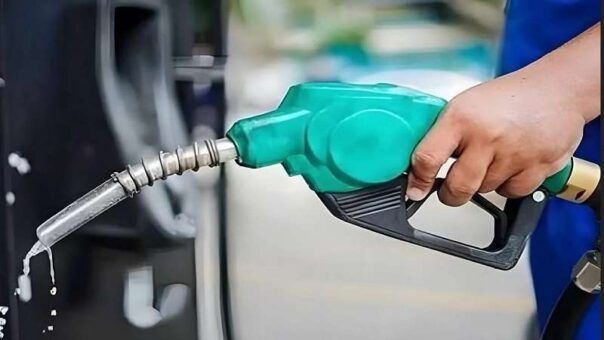ISLAMABAD: The federal government of Pakistan has increased the price of petrol by Re0.56 per litre, effective from the first fortnight of 2025. The announcement, made on New Year’s Eve, reflects adjustments based on fluctuations in the international oil market, as stated in a notification issued by the Finance Division.
According to the Oil and Gas Regulatory Authority (OGRA), the price of petrol has risen from Rs252.10 per litre to Rs252.66 per litre, marking a slight increase of Re0.56. Similarly, the price of high-speed diesel (HSD) experienced a more significant hike of Rs2.96 per litre, moving from Rs255.38 to Rs258.34 per litre.
This latest adjustment follows a period during which the government maintained petrol prices unchanged at Rs252.10 per litre while reducing the cost of high-speed diesel by Rs3.05 per litre in the previous fortnight. In the same period, the prices of kerosene and light diesel were also reduced by Rs3.32 and Rs2.78, bringing them down to Rs161.66 and Rs148.95 per litre, respectively.
Petrol, a critical fuel in Pakistan, is widely used in private transportation, including motorcycles, rickshaws, and small vehicles. Any increase in its price directly affects the middle and lower-middle classes, whose commuting expenses constitute a significant portion of their monthly budgets. In contrast, high-speed diesel serves as a backbone for Pakistan’s transport and agricultural sectors. It powers heavy goods transport vehicles, buses, trains, and agricultural machinery such as tractors, tube wells, and threshers.
The increase in diesel prices is particularly inflationary for Pakistan’s economy. Higher diesel costs often lead to a rise in the prices of vegetables, grains, and other essential food items, as transportation costs climb. This phenomenon places additional strain on households already grappling with inflation.
Pakistan’s decision to adjust petroleum prices underscores the ongoing challenge of managing domestic economic pressures while responding to global market dynamics. The rising costs of fuel highlight the complex interplay between international trends and their cascading effects on everyday life in Pakistan. As the country continues to face economic challenges, these adjustments are expected to have widespread implications, particularly for consumers and industries reliant on fuel.
With these changes, Pakistan’s government must navigate the delicate balance of addressing fiscal requirements while minimizing the impact on its citizens’ daily lives.
